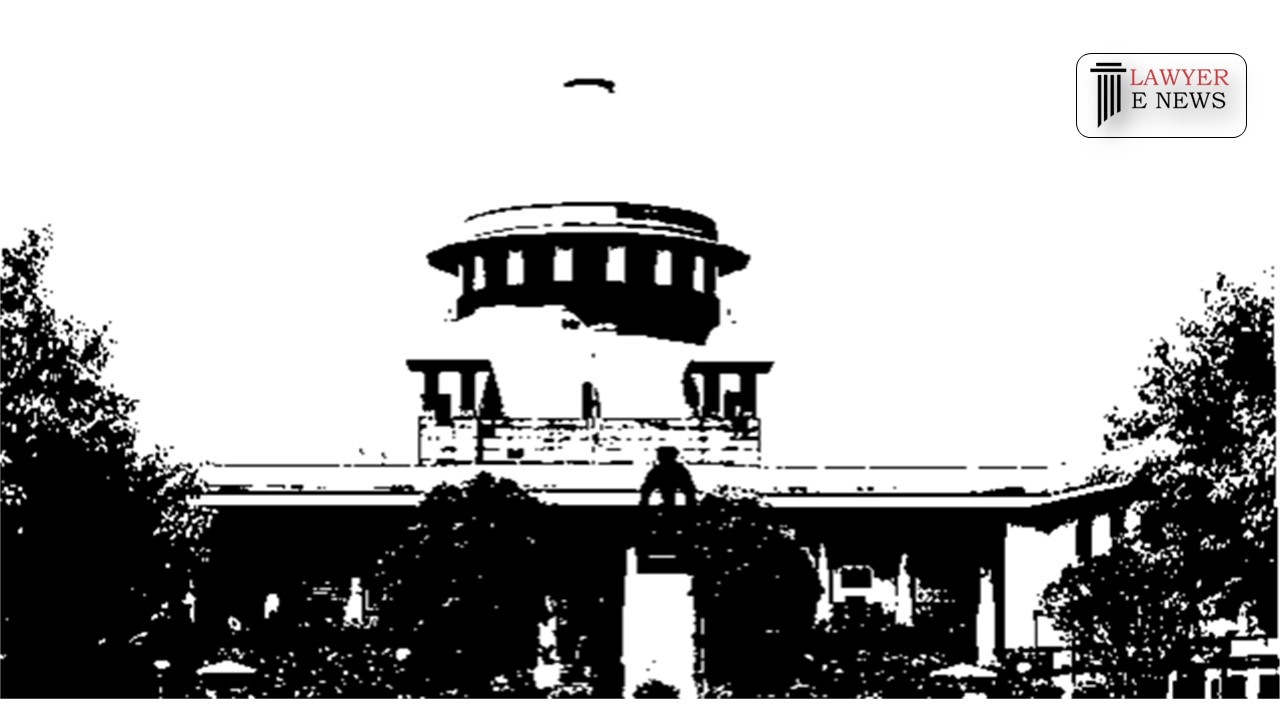-
by Admin
16 February 2026 1:47 PM



In a landmark judgment pronounced on January 2, 2023, the Supreme Court of India upheld the legality of demonetization and rejected the challenges raised on constitutional grounds. The judgment, delivered by a bench of four judges, provides a comprehensive analysis of the legal aspects surrounding the demonetization exercise conducted by the Central Government in 2016. The Court answered several reference questions and addressed the validity of the impugned notification, the power of the Central Government, and the role of the Reserve Bank of India (RBI).
In a notable quote from the judgment, the Court stated, "The power available to the Central Government under sub-section (2) of Section 26 of the RBI Act can be exercised for all series of bank notes and is not restricted to specific series only." This clarification dismisses the argument that the power of demonetization could only be exercised for certain denominations or series of banknotes.
Furthermore, the Court emphasized that the provision in sub-section (2) of Section 26 of the RBI Act does not amount to excessive delegation since it includes an inbuilt safeguard requiring the exercise of power on the recommendation of the Central Board. This reasoning led the Court to conclude that sub-section (2) of Section 26 of the RBI Act is not liable to be struck down on the ground of excessive delegation.
The judgment also addressed the question of whether the impugned notification suffered from flaws in the decision-making process. The Court found no such flaws, affirming the validity of the notification dated 8th November 2016.
Importantly, the Court considered the principle of proportionality and concluded that the impugned notification did not violate this principle. The Court emphasized that the demonetization exercise was aimed at curbing the circulation of fake currency, black money, drug trafficking, and terror financing, all of which are of significant social importance.
Addressing the contention regarding the period provided for the exchange of notes, the Court held that the period mentioned in the impugned notification was not unreasonable. It compared the 52-day period allowed for the exchange of demonetized notes in 2016 with the three-day period allowed in a previous demonetization exercise, finding the former to be reasonable.
The Court also dismissed the argument that the RBI possessed independent power under sub-section (2) of Section 4 of the 2017 Act to accept demonetized notes beyond the specified period mentioned in notifications issued under sub-section (1) of Section 4. The Court clarified that Section 4 of the 2017 Act provides an integrated scheme, and sub-section (2) cannot be read independently.
In response to the suggestion of framing a scheme or providing a window for genuine cases to exchange demonetized notes, the Court held that it would be encroaching upon areas reserved for experts and that it is within the discretion of the Central Government to consider such matters, rather than the Court issuing a judicial mandate.
With this judgment, the Supreme Court has provided clarity on the legality of demonetization and upheld the power of the Central Government in exercising demonetization for all series of bank notes. The Court's decision reaffirms the importance of addressing issues related to black money, fake currency, drug trafficking, and terror financing in the larger public interest.
Date of Decision: January 2, 2023
VIVEK NARAYAN SHARMA vs UNION OF INDIA
